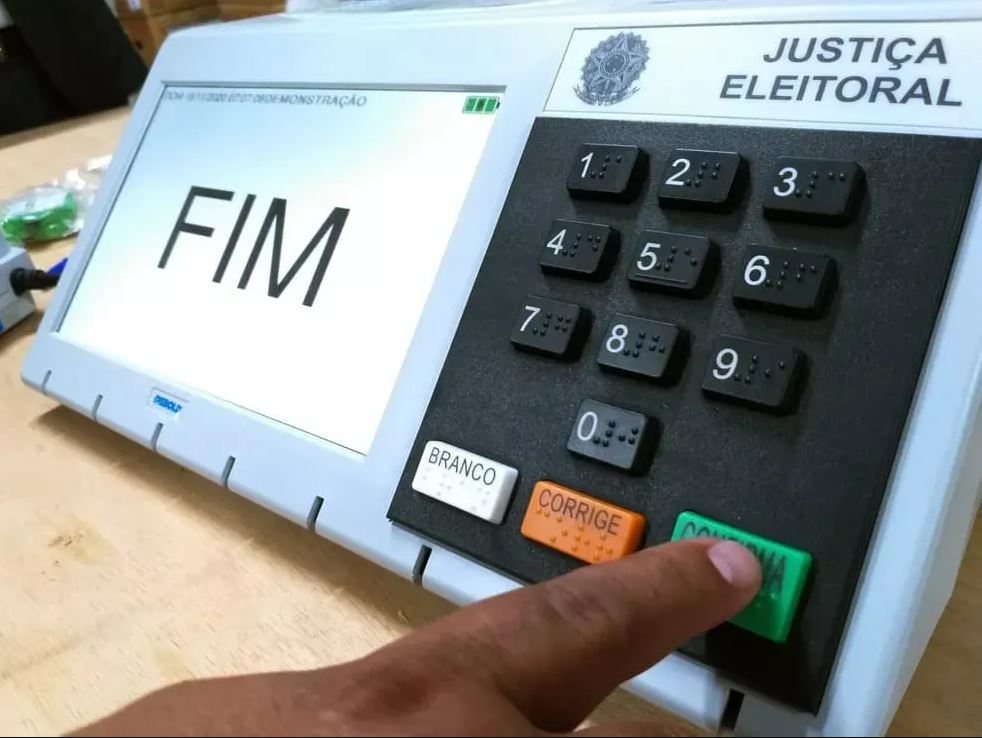On Tuesday, August 30, the Brazilian Superior Electoral Court (TSE) decided unanimously to prohibit the carrying of weapons in the vicinity of polling stations and Electoral Justice buildings throughout the country during the two rounds of the imminent general elections.
This prohibition will have a total duration of four days during the celebration of each election day – comprising the 48 hours before the opening of the polling stations, the day of voting, and the day after -, which will take place on October 2 and 30, reported Folha de S.Paulo.
The TSE’s decision came after a request from the federal deputy of the Workers’ Party (PT), Alencar Santana.

According to Santana, “elections are the very heart of democracy,” and, therefore, the prohibition of the presence of armed people in polling stations is intended to protect the exercise of suffrage from any threat, concrete or potential, regardless of its origin.
“If this is not allowed even for public security agents, even when they are on duty, it would not make the slightest sense to admit the presence or permanence of armed civilians in or near polling stations, if only because of the serious risk they represent for the citizenry,” the deputy added, according to the newspaper mentioned above.
In a statement, the Inspector General of Electoral Justice, Minister Mauro Campbell Marques, stressed that the decision does not go beyond what the Brazilian legal discipline already brings.
“We are here to give one more point of tranquility, of appeasement to the electorate at the time of the elections. That is what the Court is doing, fulfilling its constitutional and legal duty,” expressed the judge.
Next October 2 and 30, Brazilians are called to go to the polls to elect the country’s next president, all within the framework of elections marked by the polarization generated by the two leading candidates: the current president, Jair Bolsonaro; and the former president Luiz Inácio da Silva.
With information from La Tercera

